Cancer, a formidable adversary in the realm of health, demands a multifaceted approach for treatment. Despite advancements in medical science, not all patients opt for conventional cancer treatments. This decision, often perplexing to many, is deeply rooted in psychological and emotional factors. Understanding these underlying reasons can help caregivers, healthcare professionals, and loved ones provide better support to those facing this daunting disease.

The Complexity of Cancer Treatment Refusal
Cancer treatment refusal is not merely a matter of rejecting medical advice; it encompasses a broad spectrum of emotions, beliefs, and personal experiences. Patients may decline treatment for various reasons, and comprehending these motivations requires empathy and a nuanced perspective.
Psychological Factors
Fear and Anxiety
A cancer diagnosis can trigger overwhelming fear and anxiety. The prospect of enduring the side effects of treatments like chemotherapy, radiation, or surgery can be daunting. Patients may fear the loss of quality of life, the pain associated with treatment, or the uncertainty of outcomes. This intense fear can lead to treatment refusal as a means to avoid anticipated suffering.

Depression
Depression is a common response to a cancer diagnosis. Feelings of hopelessness and helplessness can overshadow the desire to fight the disease. In such cases, patients may perceive treatment as futile and choose to refuse it, believing that the emotional toll outweighs potential benefits.
Denial
Denial is a psychological defense mechanism where patients refuse to accept the reality of their diagnosis. This refusal can be a coping strategy to protect oneself from the emotional distress associated with acknowledging the severity of their condition. Patients in denial may reject treatment, believing they are not seriously ill or that the diagnosis is a mistake.
Emotional Factors
Personal Beliefs and Values
Personal beliefs and values play a significant role in the decision-making process. Some patients may have strong convictions about natural or alternative therapies, viewing conventional treatments as harmful or incompatible with their worldview. Religious or spiritual beliefs can also influence decisions, with some patients placing their faith in a higher power rather than medical interventions.
Past Experiences
Previous experiences with the healthcare system can shape a patient’s attitude towards treatment. Negative experiences, such as witnessing a loved one suffer through aggressive treatments or facing medical malpractice, can lead to distrust in conventional medicine. This mistrust can result in a preference for refusing treatment altogether.
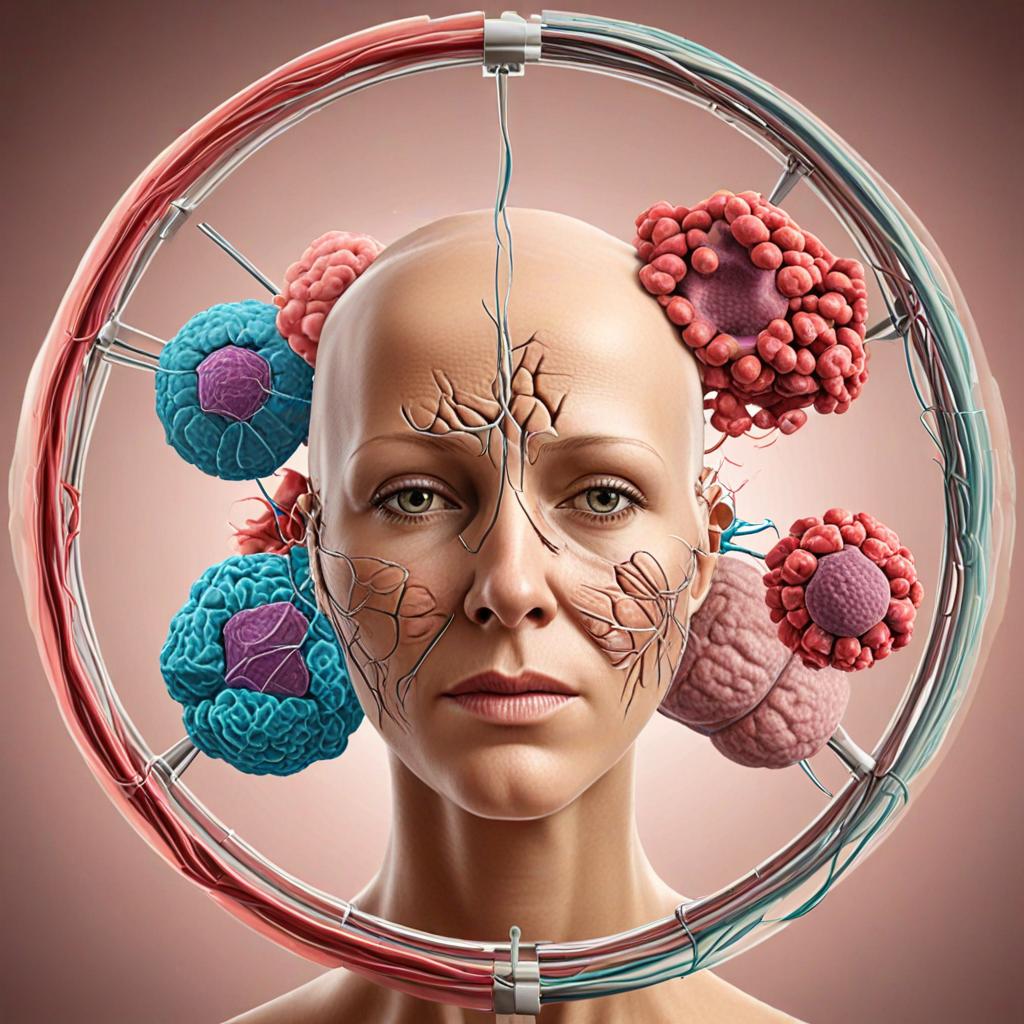
Desire for Autonomy
Autonomy and control over one’s body and life are fundamental aspects of human dignity. Some patients may refuse treatment to assert their independence and control over their own lives. This desire for autonomy can be particularly strong in individuals who feel that their choices have been limited by their diagnosis.
Social and Cultural Influences
Stigma and Social Support
Social stigma surrounding cancer can influence treatment decisions. In some cultures, a cancer diagnosis may be seen as a source of shame or weakness, leading patients to refuse treatment to avoid social ostracization. Conversely, strong social support networks can encourage patients to pursue treatment, highlighting the importance of community and family in the decision-making process.

Cultural Beliefs and Practices
Cultural beliefs and practices significantly impact healthcare decisions. In some cultures, traditional healing practices and alternative medicine are deeply ingrained and preferred over conventional treatments. Understanding and respecting these cultural contexts is crucial for healthcare providers when discussing treatment options with patients.
Addressing Treatment Refusal
Addressing cancer treatment refusal requires a compassionate and patient-centered approach. Healthcare professionals should prioritize open communication, empathy, and support. Here are some strategies to consider:
- Build Trust: Establish a trusting relationship with the patient by listening to their concerns, validating their feelings, and providing clear and honest information about their condition and treatment options.
- Provide Emotional Support: Offer counseling and support services to help patients cope with fear, anxiety, and depression. Involve mental health professionals when necessary to address psychological barriers to treatment.
- Respect Autonomy: Respect the patient’s autonomy and decisions, even if they choose to refuse treatment. Ensure they are fully informed about the potential consequences of their choices.
- Involve Family and Community: Engage the patient’s family and support network in discussions about treatment. They can provide additional emotional support and help the patient feel less isolated in their decision-making process.
- Cultural Sensitivity: Be aware of and sensitive to cultural beliefs and practices. Collaborate with cultural mediators or community leaders to bridge gaps and provide culturally appropriate care.

Cancer treatment refusal is a complex issue influenced by a myriad of psychological, emotional, social, and cultural factors. By understanding and addressing these underlying reasons, healthcare providers can offer more compassionate and effective support to patients facing this challenging journey. Empathy, respect, and open communication are key to helping patients navigate their treatment choices and improving their overall well-being.

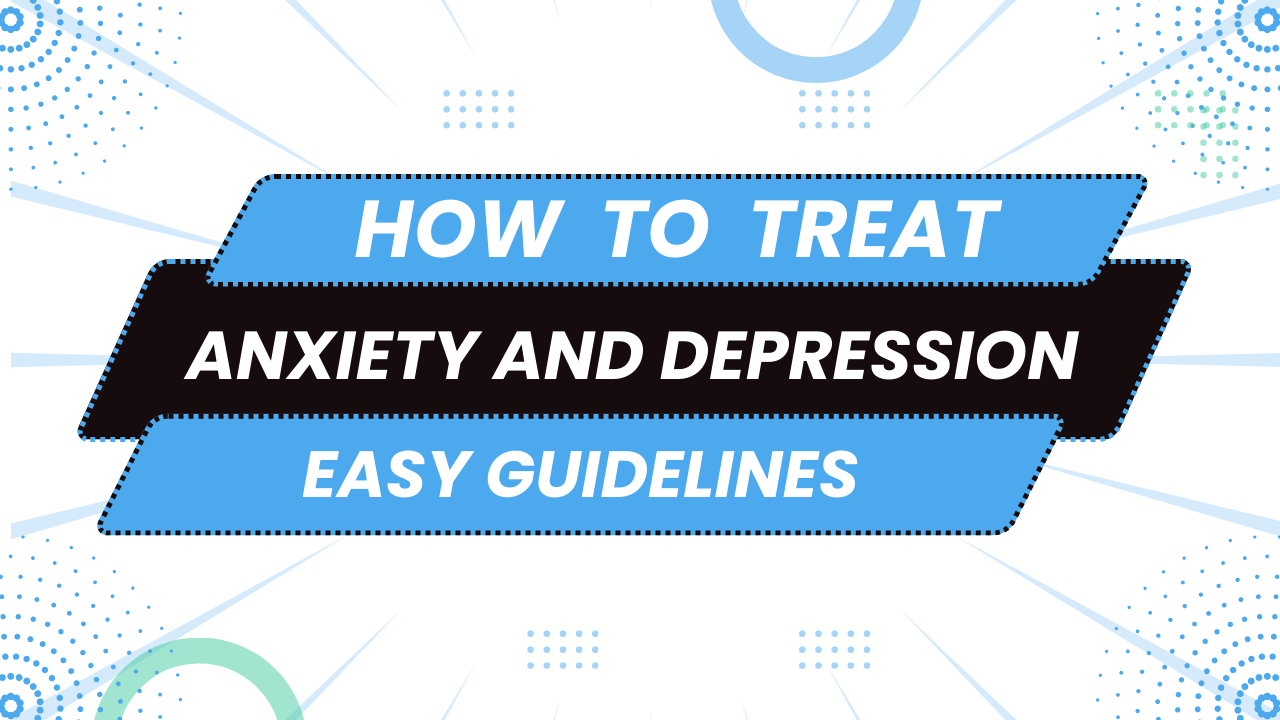
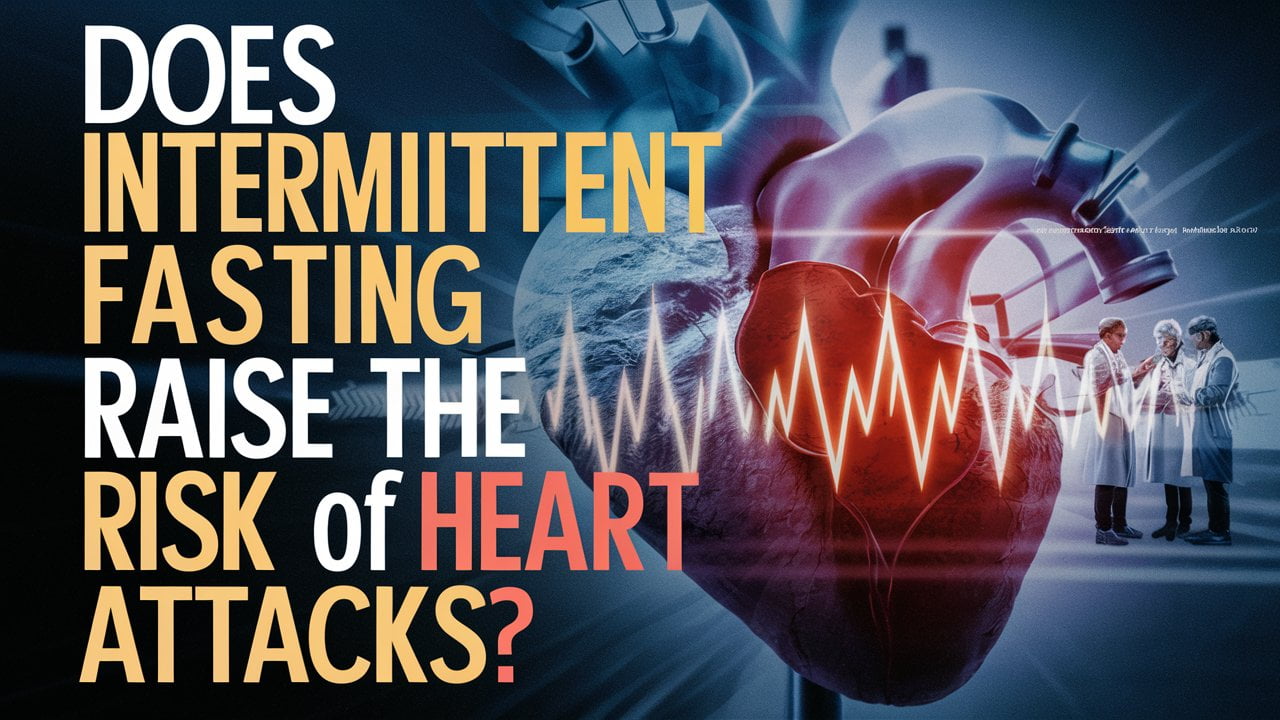
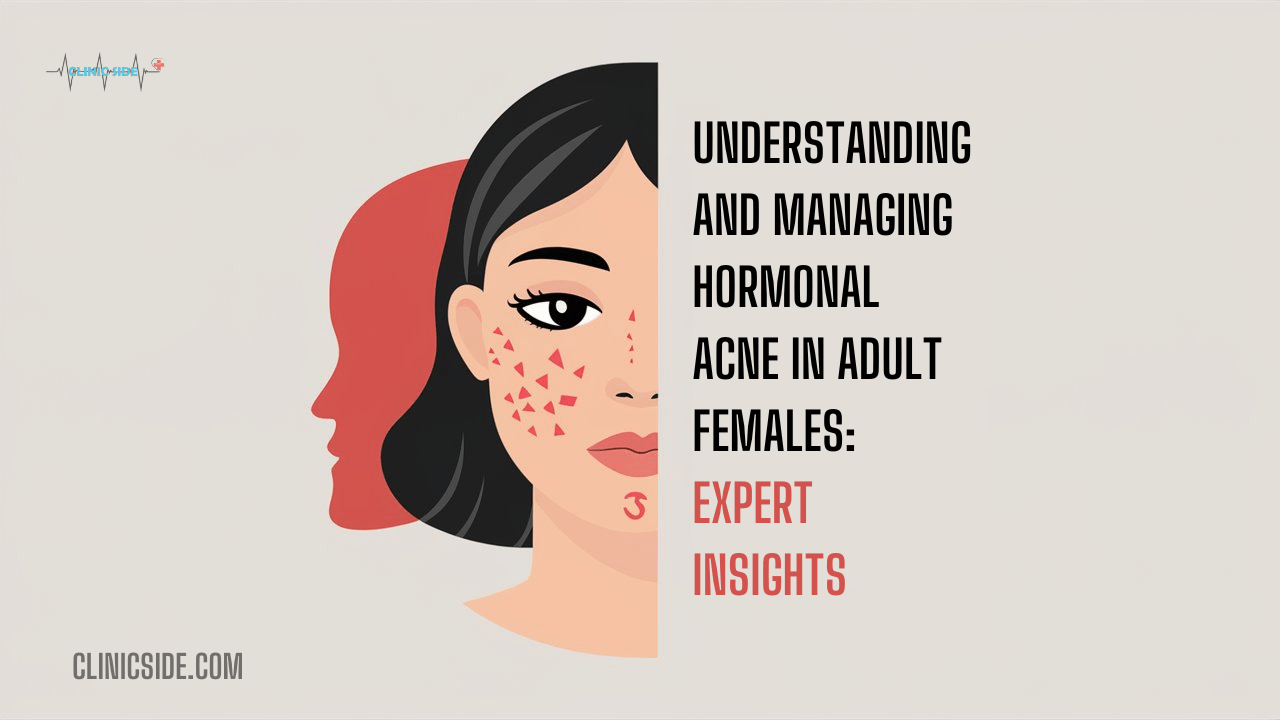
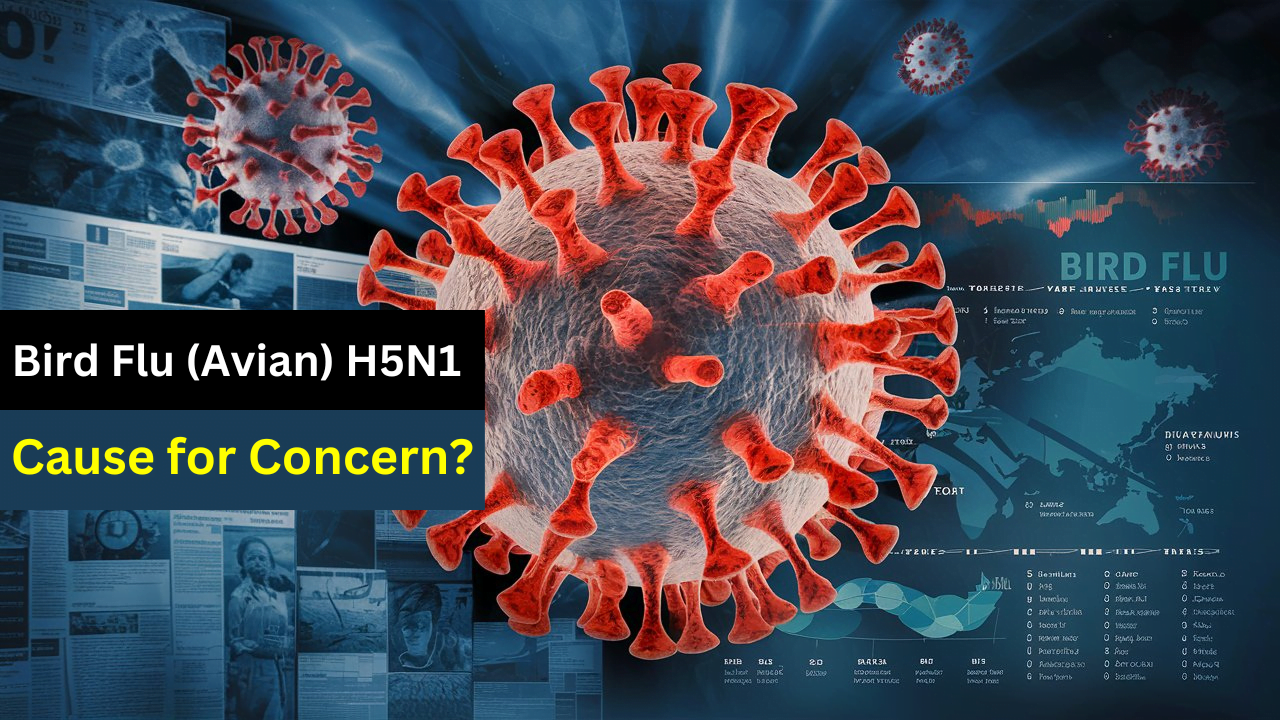
Very interesting topic, thank you for putting up.
This post has added so much value to my understanding of the topic.
This is wonderful